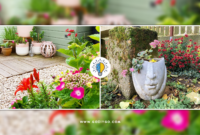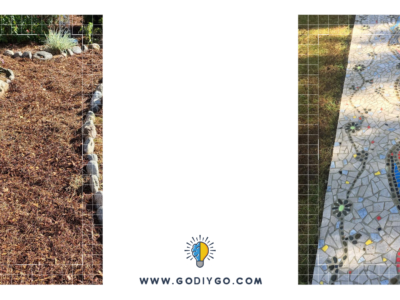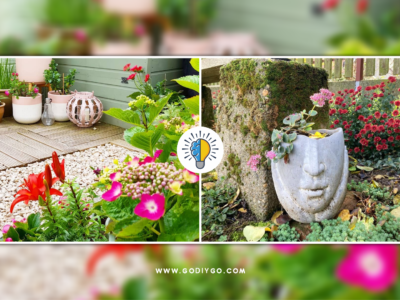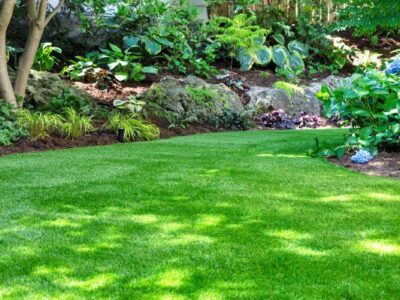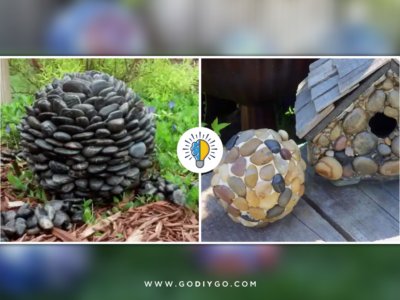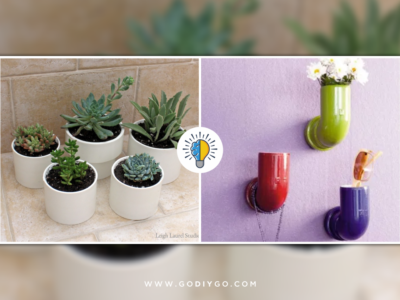When most people hear the word ‘recycling’ the first thing that comes to mind is plastics. True, the word is often used to refer to things that have a detrimental impact on the environment, but, the next time someone mentions recycling, think about anything in your home that you can re-use/re-purpose for your benefit and the benefit of the environment such as coffee grounds.
If you are like me, a proper day does not start without a glass of coffee. But, have you ever asked yourself what you can do with the remains from your favorite beverage that have no use? What if I told you that instead of throwing your coffee grounds away you could put them to a better use? Ever thought of using grounds for gardening?
Here is how to do it …
A Simplified Guide on How to Use Coffee Grounds for Gardening
Before I begin discussing this topic in-depth, there are several key things that you need to know …
For starters, coffee as a plant contains several key compounds including caffeine, carbohydrates, proteins, tannin and a mixture of oils. Even when coffee is processed, the grounds left behind contain a substantial amount of the constituent compounds mentioned above.
Second, the grounds left behind after processing usable coffee (for beverages and other uses) can be highly acidic.
Third, it is important to note that the chemical composition of soil usually varies depending on a variety of factors – most importantly your geographic location.
Above, we have already mentioned that coffee grounds have nutrients in varying levels … As such, if you are thinking of using coffee grounds for any form of gardening, ensure that you first get your soil tested.
That said, coffee grounds can be used in a variety of ways in gardening:
1. To Improve the Soil Structure
Depending on the state of your soil and the amount/number of grounds used, you can either use grounds to improve your soil-retention/drainage capacity, soil texture and even change your soil texture over time. If your own a property in a locale with clay soil, you can add coffee grounds to improve the drainage in the soil, and, if you own a property with sandy soils, coffee grounds can also help improve your soil’s water-retention capability. To understand the amount of coffee grounds to use for the intended purpose to be served, you just have to carry out a soil test.
2. To Mulch
If you own a property in an area that receive generous amounts of sunshine, you may have a problem with ensuring that your plants receive sufficient amounts of water – without breaking the bank when it comes to utility costs – and, this is where mulching with coffee grounds comes in. Mulching with these grounds can help ensure that your plants have enough water all year round.
At this point, it is important to note that coffee grounds contain a high level of nitrogen. Given that all the chemical compounds found in coffee grounds are water-soluble, it is important to get your soil tested first before using grounds for mulching. Without testing, you can end up using grounds for mulching in soils that have just enough (or excessive) nitrogen levels – which can end up destroying your soil for any potential future gardening endeavors.
3. To Compost
Recycling is not just about plastics – even the food materials from your home can be recycled. Instead of buying commercial fertilizers for gardening purposes, you can use leftovers from your home like coffee grounds to create your own compound fertilizer.
There is just one secret to using grounds for composting …
You have to remember the compounds contained in coffee grounds in high levels (like nitrogen). Next, remember that fertilizers have three compounds – N.P.K. After carrying out your soil test, you will be able to understand the exact levels of nutrients needed to make your soil ideal for gardening. Given that grounds have high levels of nitrogen, you should ensure that you mix them with other food materials containing the appropriate levels of Potassium and Calcium so that the pH in your gardening soil can be ideal (NOTE that the ideal soil pH level for gardening will be dictated by the type of plants/flora you are about to plant).
4. To Repel Certain Types of Weeds and Pests
The chemical compounds found in coffee grounds can be used to repel certain types of pests such as slugs which can wreak havoc in your garden. Coffee grounds also create an unsuitable growth environment for certain herbicide-resistant weeds.
When all is said and done, coffee grounds are great for gardening – BUT, it all starts with getting your soil tested – from the results of the soil test, you can choose how they will best serve your gardening purposes.



